

www.nature.com/articles/d41...

www.nature.com/articles/d41...

www.nature.com/articles/d41...
www.nature.com/articles/d41...

www.nature.com/articles/d41...
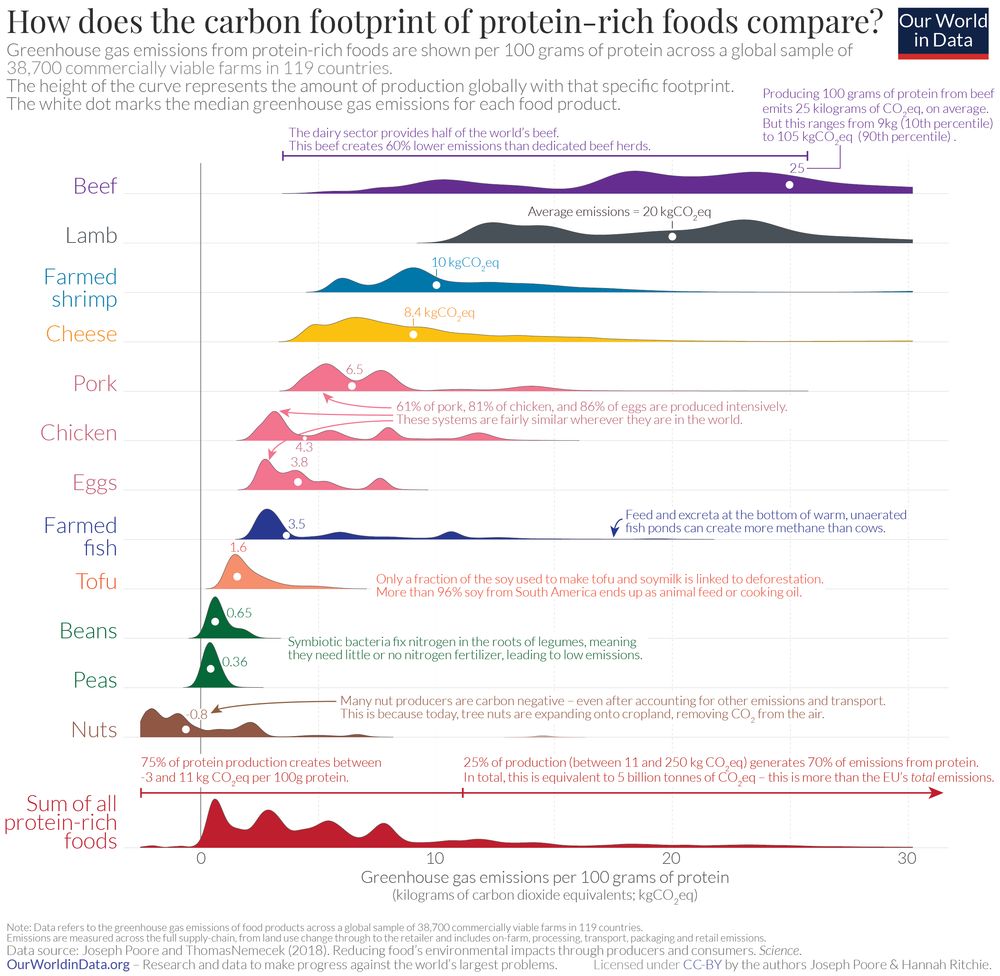
https://go.nature.com/4jRfcfs
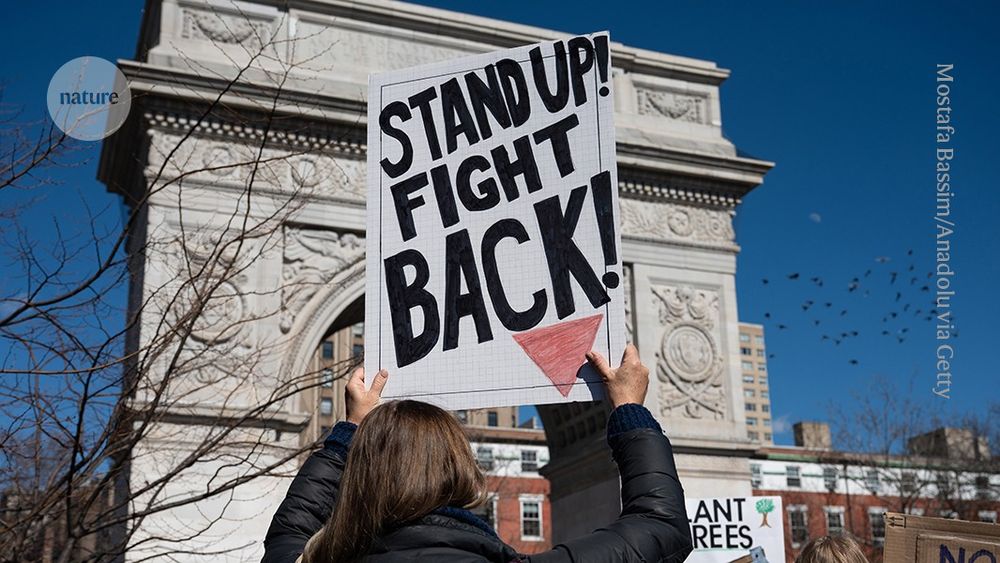
https://go.nature.com/4jRfcfs

liebertpub.com/doi/full/10....

liebertpub.com/doi/full/10....
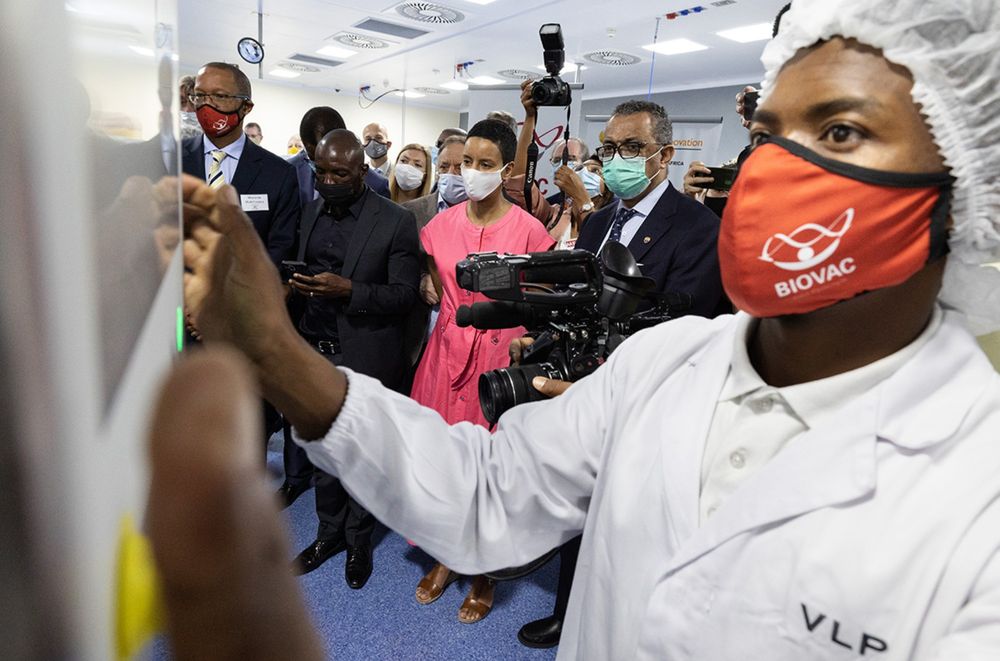
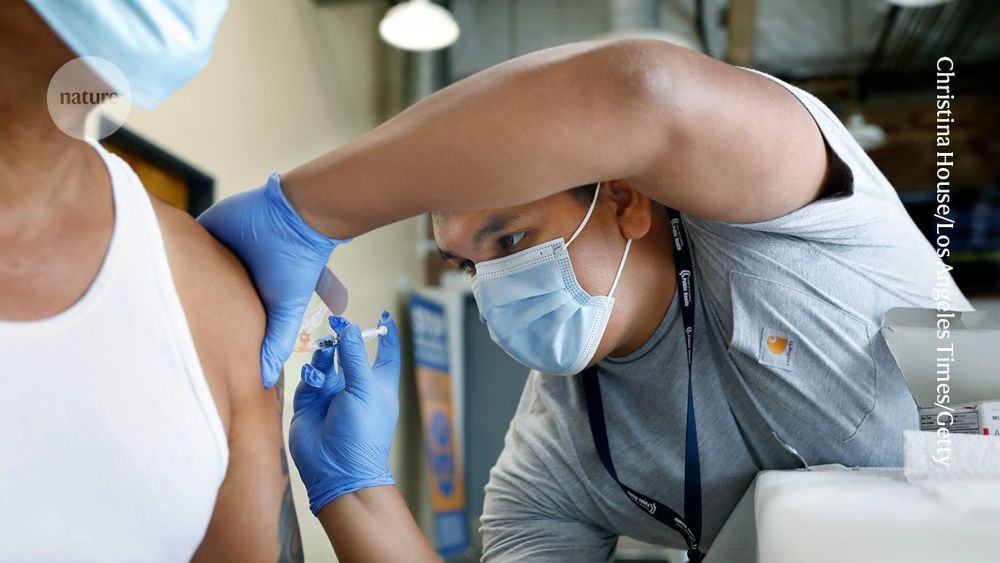



www.theopennotebook.com/the-page-tur....

www.theopennotebook.com/the-page-tur....
Learn more in this week's issue of Science: scim.ag/41M1gLX

Learn more in this week's issue of Science: scim.ag/41M1gLX
Now many are fighting back. @heidiledford.bsky.social reports for @nature.com on the rise of scientist-activists:
www.nature.com/articles/d41...
🧪

Now many are fighting back. @heidiledford.bsky.social reports for @nature.com on the rise of scientist-activists:
www.nature.com/articles/d41...
🧪

https://go.nature.com/4kd1vIu
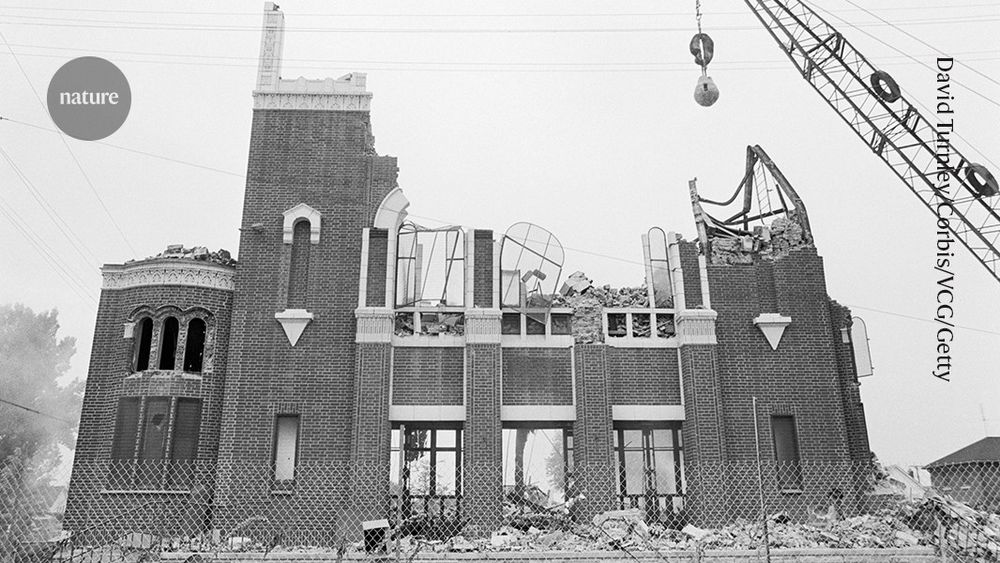


A first-of-its-kind analysis reveals which institutions are retraction hotspots
Read the full story here: https://go.nature.com/3CUmFKI
Learn more on #NationalBatteryDay: https://scim.ag/4hG9FHv

Learn more on #NationalBatteryDay: https://scim.ag/4hG9FHv


https://go.nature.com/42SyoUu
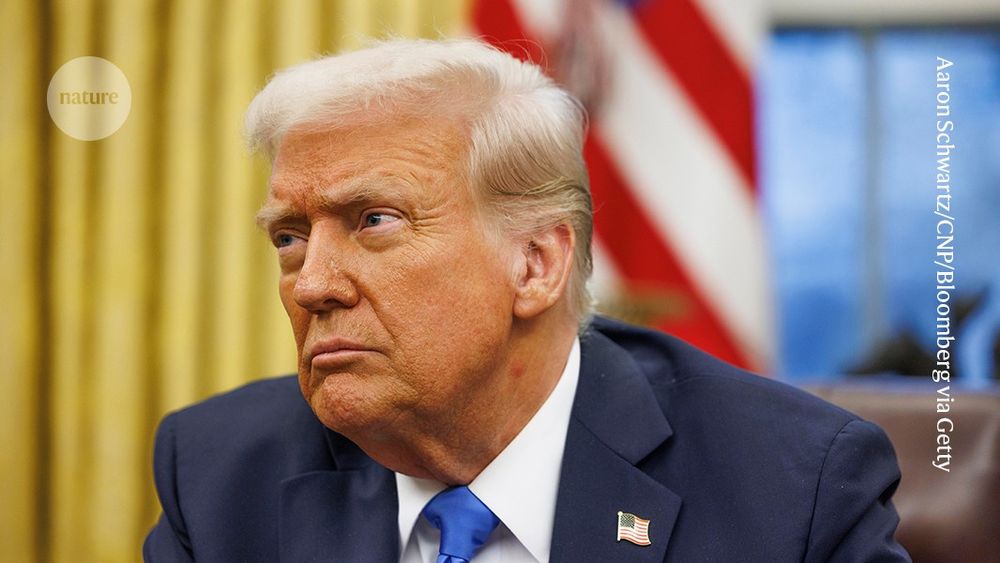
https://go.nature.com/42SyoUu

